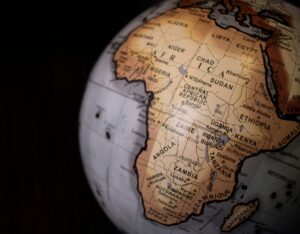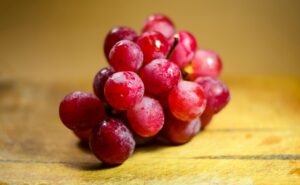Agri SA’s research and analysis has revealed that that the Ukraine-Russia crisis will have a serious impact on South Africa’s food security and poses very real risks to parts of the agricultural sector.
With global wheat prices and agricultural input costs skyrocketing, government must take urgent action and suspend the fuel levies to provide relief for farmers, especially the nation’s small-scale farmers, and contain food prices for South African consumers.
South Africa’s trade with the Ukraine has increased substantially over the last decade. Between 2016 and 2020, South Africa’s agricultural exports to Ukraine more than doubled from R76,5 million in 2016 to R155 million in 2020. Agricultural imports have remained relatively stable, sitting at R390 million in 2020.
Ukraine and Russia are both major producers of wheat on the global market, accounting for a quarter of global wheat exports, and the disruption to the supply of this staple food will cause food price shocks globally, particularly in South Africa given that we import 30% of our total wheat from these nations.
Moreover, Russia is the leading supplier of fertiliser globally. Recent data shows that global fertiliser prices had already risen substantially between January 2021 and January 2022. Local fertiliser prices doubled while global prices quadrupled. Farmers were therefore already under pressure prior to the current crisis. Russia’s invasion of Ukraine has only worsened this pressure.
Brent crude oil prices have also almost tripled between February and March 2022. With the recent and still expected fuel price increases, the cost of taking food to South African consumers will rise substantially in the coming months unless government acts to contain them.
This is why Agri SA is calling on government to suspend fuel levies while the Ukraine-Russia crisis persists in order to contain food prices. Failure to act can only exacerbate the pricing pressure on consumers, compromising food security in South Africa, especially for the most vulnerable in society.
In addition to consumers, the suspension of the fuel levies will also buttress vulnerable small-scale farmers from the increases in input costs, and from the expected hit to agricultural revenue from Ukraine and Russia.
Agricultural commodities make up more than half of all South African exports to Ukraine, the biggest of these being fruits and nuts. Parts of the sector are therefore likely to see a significant impact on their performance in the first quarter of 2022. Citrus in particular forms the majority of exports to Ukraine valued at an estimated R133,7 million in 2020.
Blockages of exports to Russia will also knock South Africa’s significant trade in agricultural commodities with that country. South Africa’s agricultural exports to Russia are more than double agricultural imports. Agricultural imports remained stable around R2 billion from 2016 to 2020 while exports grew from R2,1 billion in 2016 to R4 billion in 2020.
The Ukraine-Russia conflict will therefore have substantial consequences for South Africa’s agricultural sector performance, and government must take action to mitigate the devastating impact of this lost revenue on the nation’s farmers by assisting with measures such as opening up market access so that products destined for Ukraine can be redirected. Every day this action is delayed puts much needed jobs in the sector at risk.
Agri SA will make every effort to engage government and industry stakeholders throughout the value chain to ensure that, together, we can keep South Africans adequately supplied with food in these uncertain and difficult economic times.
Photo by Polina Rytova on Unsplash



